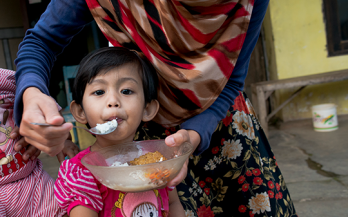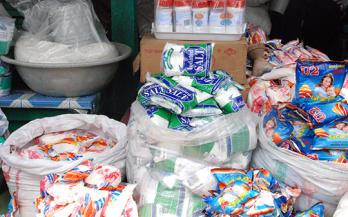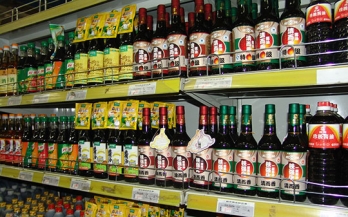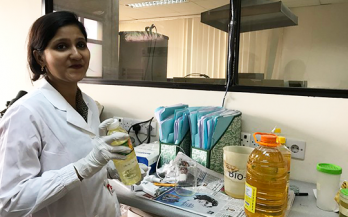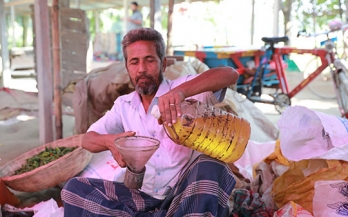- 06/09/2017
Although it is generally accepted that the addition of micronutrient powders (MNPs) to foods causes no or negligible changes to organoleptic properties, there are anecdotal reports of low acceptability of the MNP distributed in Indonesia. The objective of this study was to assess whether the organoleptic properties of micronutrient powders reduce the acceptability of foods if used as recommended.
- 19/09/2011
Fortified beverages and supplementary foods, when given during pregnancy, have been shown to have positive effects on preventing maternal anaemia and iron deficiency. The purpose of this paper is to assess how fortified food, when given during pregnancy, has positive effects on preventing maternal anaemia and iron deficiency.
- 10/09/2015
This paper outlines key findings on the perceived effectiveness of regulatory monitoring systems and barriers to compliance against national fortification standards. Findings highlight that regulatory agencies and industry disagree on the value that enforcement mechanisms have in ensuring compliance against standards.
- 21/04/2018
Single and multiple variable regression analyses were conducted using data from stratified, cluster sample design, iodine surveys in India, Ghana, and Senegal to identify factors associated with urinary iodine concentration among women of reproductive age at the national and sub-national level.
- 19/04/2018
Regression analyses of data from stratified, cluster sample, household iodine surveys in Bangladesh, India, Ghana and Senegal were conducted to identify factors associated with household access to adequately iodised salt.
- 01/06/2013
The objective of this study was to assess a new portable device for the quantitative measurement of iron content of fortified sauces that could be used to control fortification levels.
- 07/01/2013
The objective of this study was to validate a newly developed device that quantitatively measures the content of retinyl palmitate in refined palm oil, is simple to use, and yields immediate results for fortification of vitamin A in the oil industry.
- 03/02/2014
Fortification of vegetable oils is a strategy implemented worldwide to prevent Vitamin A deficiency. The objective of this study was to assess vitamin A content in the oil industry.
- 11/11/2014
Unbranded palm cooking oil has been fortified for several years and can be found in the market with different oxidation levels. This study aimed to investigate the stability and shelf life of unbranded, bulk, vitamin A-fortified palm oils with the most commonly observed oxidation levels in Indonesia.
- 16/02/2018
In this paper we review the evidence basis for prevention of folic acid–sensitive neural tube defects through public health interventions in women of reproductive age, the proven vehicles for delivery of folic acid, and what is needed to effectively scale these, and provide a snapshot of potential innovations that require future research.
